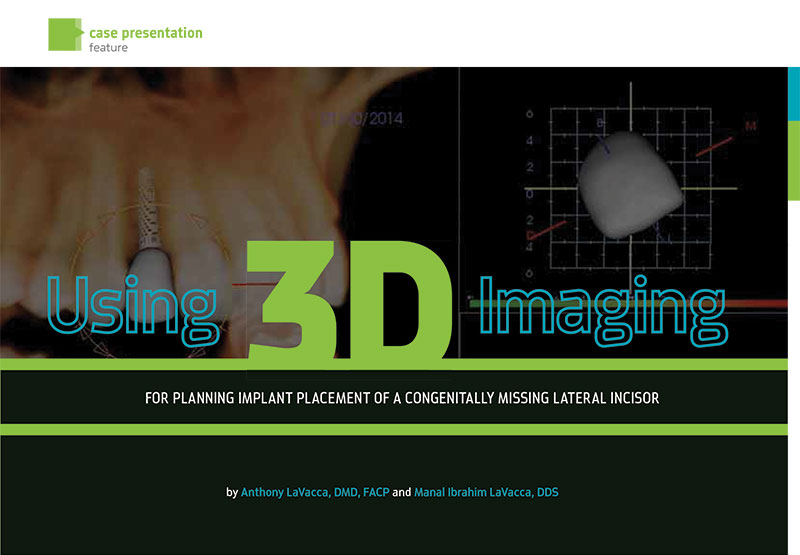
Dental anxiety is extremely common and hard to overcome with the majority of adults experiencing some level of apprehension about going to the dentist. However, for others, dental anxiety is serious enough that it impacts their ability to seek out care. According to Peter Milgrom, director of the Dental Fears Research Clinic at the University of Washington in Seattle, for about 20% of people, the anxiety is enough that they only get care when it’s absolutely necessary, meaning they skip important routine check-ups and cleanings. For between 5% and 8% of Americans, their severe fear qualifies as a true dental phobia and they avoid dentists altogether to the detriment of their oral and overall health. To avoid letting the anxiety take over, here are some ways to manage a fear of the dentist:









































